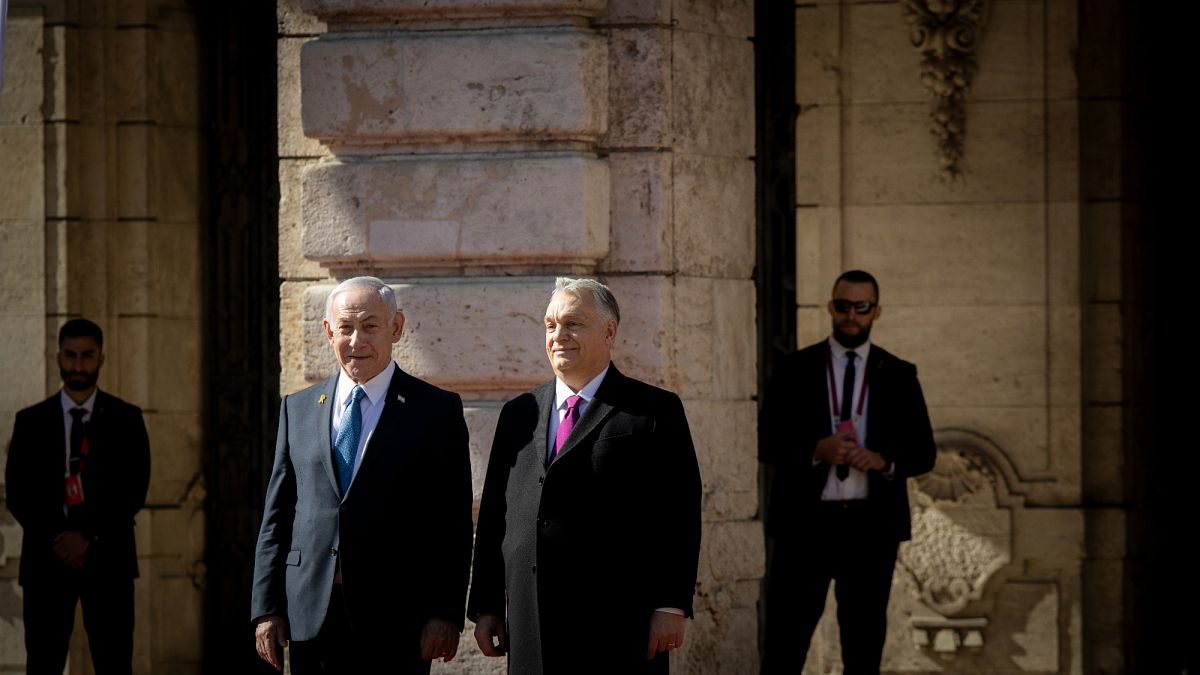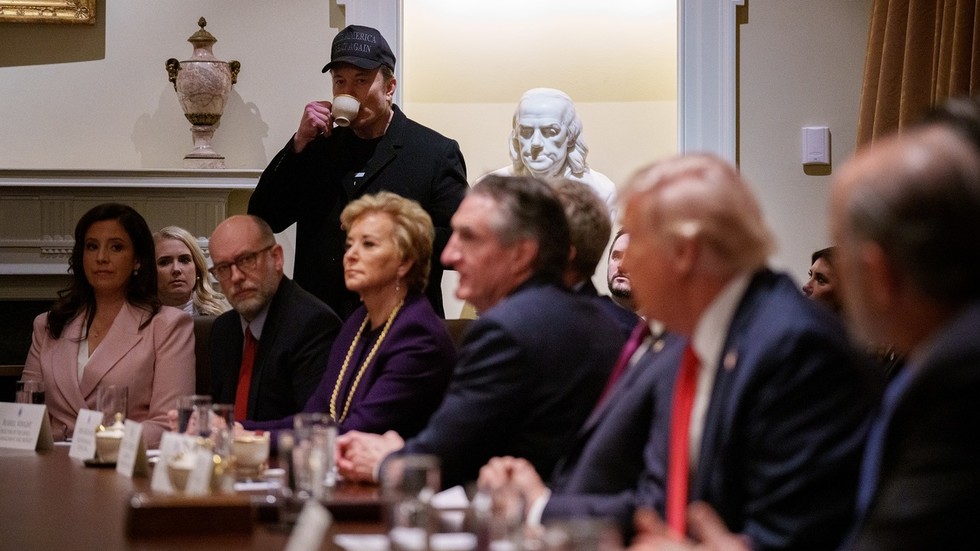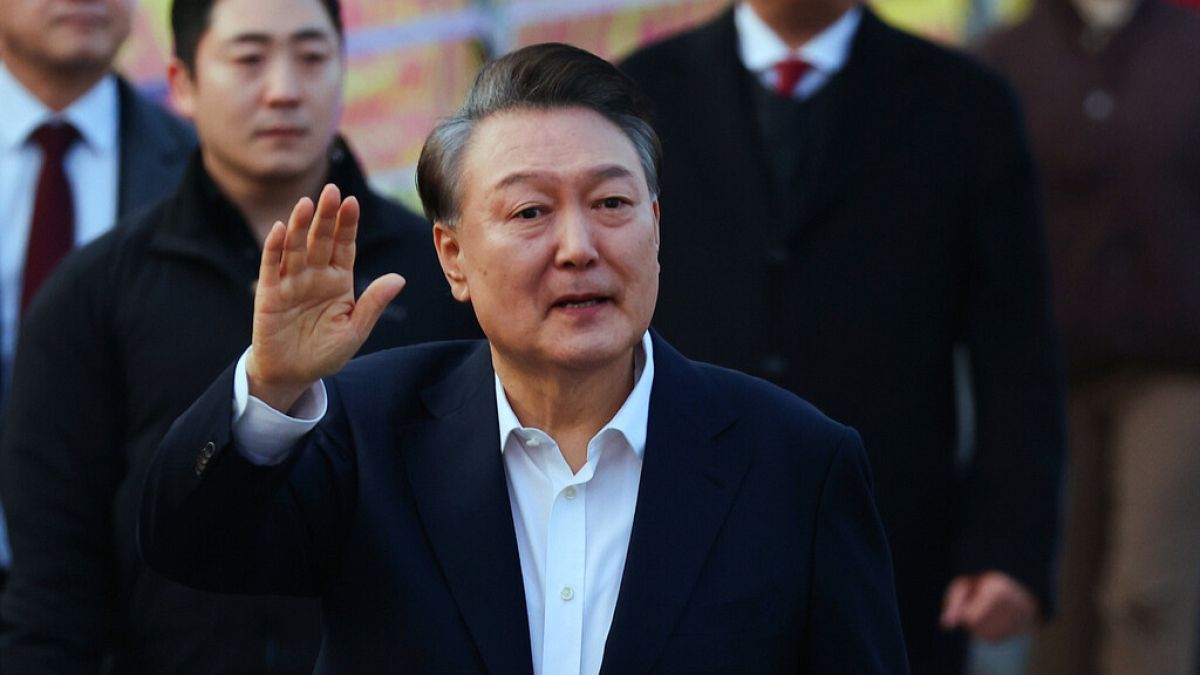The software giant has accused its tech rival of waging a proxy campaign to discredit it in the eyes of regulators
US tech giant Microsoft has accused longtime rival Google of orchestrating “shadow campaigns” to discredit the firm’s cloud business among regulatory authorities and policymakers in the EU.
In a statement on Monday, Microsoft Corporate Vice President and Deputy General Counsel Rima Alaily alleged that Google had hired a firm to recruit European cloud companies as “astroturf” groups, which would secretly promote the search platform’s interests.
“It is designed to discredit Microsoft with competition authorities and policymakers, and [to] mislead the public,” the lawyer claimed. Alaily accused Google of covering up its involvement, funding, and control of the alleged scheme by attracting local cloud providers to “serve as the public face of the new organization.”
The executive added that the alleged campaign comes after Google was recently accused of attempting to derail an antitrust settlement between Microsoft and a group of EU-based cloud firms.
“In July, when CISPE [Cloud Infrastructure Services Providers in Europe] was on the verge of resolving its complaint against Microsoft, Google offered CISPE’s members a combination of cash and credits amounting to an eye-popping $500 million to reject the settlement and continue pursuing litigation,” Alaily stated.
Earlier this year, reports claimed that Google had offered CISPE €14 million ($15.3 million) in cash and €455 million ($497.5 million) in software licenses to continue its antitrust probe with the EU into Microsoft. Ultimately, CISPE and Microsoft agreed to settle for close to $22 million.
Alaily alleged that Google’s tactics “go beyond creating astroturf lobbying organizations,” adding that the tech major is “turning its vast resources towards tearing down others” instead of “addressing legitimate questions” about its own business. She stated that Google faces at least 24 antitrust investigations globally, stressing that the company’s search, digital advertising, and mobile app store monopolies haven’t been under such intense scrutiny in the past two decades.
In 2016, after a decade of legal fights related to patent issues, Google and Microsoft agreed to forge a non-aggression pact in an effort to reset their acrimonious relationship. The companies did not extend the six-year agreement after it expired in 2021. They have since repeatedly accused each other of unfair competition.
Last year, Google Cloud accused Microsoft of anti-competitive cloud computing practices, having criticized imminent deals with several cloud vendors in the EU. Google Vice President Amit Zavery urged local antitrust regulators to investigate the issue.
The fast-growing cloud computing business has drawn close regulatory scrutiny in the US and beyond in recent years, Reuters has noted, adding that greater attention is related to the dominance of a few players and the increasingly critical role of cloud services in the corporate sector.

 5 months ago
39
5 months ago
39







 We deliver critical software at unparalleled value and speed to help your business thrive
We deliver critical software at unparalleled value and speed to help your business thrive






 English (US) ·
English (US) ·